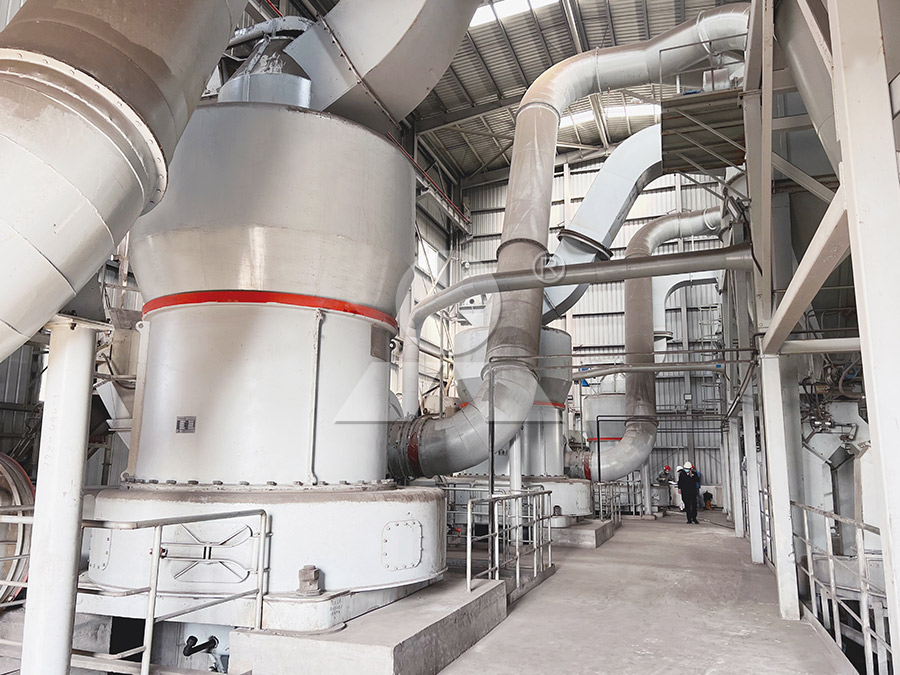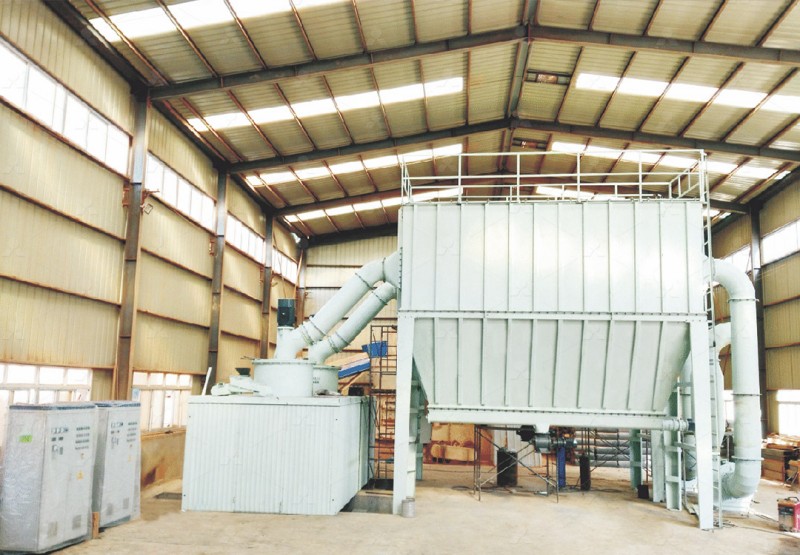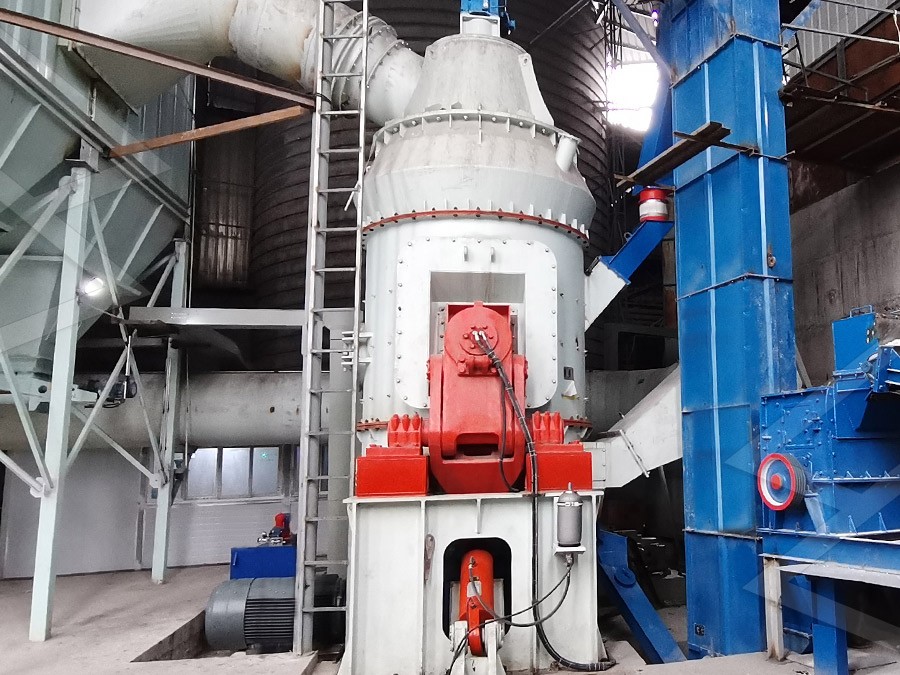Gangue Roller Mill: Efficient Pulverizing Equipment for Industrial Applications
We provide a wide range of mills — including Raymond mill, trapezoidal mill, vertical mill, ultrafine mill, and ball mill, obtained ISO9001 international quality certification, EU CE certification, and Customs Union CU-TR certification. Suitable for processing minerals such as limestone, phosphate, quicklime, kaolin, talc, barite, bentonite, calcium carbonate, dolomite, coal, gypsum, clay, carbon black, slag, cement raw materials, cement clinker, and more.
The discharge range of these mills can be adjusted to meet specific processing needs, typically from 80-400 mesh, 600-3250 mesh, and can achieve the finest particle size of up to 6000 mesh(D50).
If you are looking for a reliable grinding solution to turn stone or minerals into fine powder, please feel free to contact our online customer service.
Gangue Roller Mill: Efficient Pulverizing Equipment for Industrial Applications
In the realm of industrial mineral processing, the efficient handling and pulverization of gangue materials is a critical challenge. Gangue, the commercially worthless material surrounding ore minerals, often requires sophisticated milling technology to process it for secondary applications or safe disposal. Modern roller mills have emerged as the premier solution for this demanding task, offering unparalleled efficiency, reliability, and environmental compliance.
 The core principle behind a roller mill’s superiority lies in its grinding mechanism. Unlike traditional ball mills that rely on impact and attrition, roller mills utilize massive rollers to apply extreme pressure to a bed of material, crushing it against a stationary grinding table. This method is significantly more energy-efficient, as it directs force more precisely onto the material itself, minimizing wasted energy on moving heavy steel balls. For abrasive materials like gangue, this translates to lower power consumption and reduced wear on the mill’s components.
The core principle behind a roller mill’s superiority lies in its grinding mechanism. Unlike traditional ball mills that rely on impact and attrition, roller mills utilize massive rollers to apply extreme pressure to a bed of material, crushing it against a stationary grinding table. This method is significantly more energy-efficient, as it directs force more precisely onto the material itself, minimizing wasted energy on moving heavy steel balls. For abrasive materials like gangue, this translates to lower power consumption and reduced wear on the mill’s components.
Key Advantages for Gangue Processing
When selecting a mill for gangue, several factors are paramount. First is energy efficiency. Given the vast quantities of material often processed, even a small percentage reduction in energy use can lead to substantial cost savings. Second is equipment durability. Gangue can be highly abrasive, leading to rapid wear of grinding elements. Mills designed with robust, wear-resistant alloys and innovative structures that eliminate internal screws and bearings in the grinding chamber are essential for minimizing downtime and maintenance costs. Finally, environmental control is non-negotiable. Effective integrated dust collection and noise suppression systems are mandatory to meet stringent operational standards.
For operations seeking the pinnacle of ultra-fine gangue pulverization, our MW Ultrafine Grinding Mill stands out as a top-tier choice. This machine is specifically engineered for customers who need to produce ultra-fine powder from a variety of materials, including industrial by-products. With an input size of 0-20 mm and a capacity range of 0.5-25 tph, it offers remarkable flexibility. Its newly designed grinding curves for the roller and ring enhance efficiency, boasting a production capacity 40% higher than jet mills and double that of ball mills for the same fineness and power. A key feature for abrasive applications is its lack of rolling bearings and screws in the grinding chamber, virtually eliminating concerns about bearing failure or machine damage from loose fasteners. Coupled with an efficient pulse dust collector and muffler, the MW Grinding Mill ensures a clean, quiet, and compliant operation.

Beyond Ultra-Fine: Robust Vertical Grinding Solutions
For high-capacity applications that may not require ultra-fine powder but demand exceptional reliability and integrated processing, vertical grinding mills offer a compelling alternative. Our LM Vertical Grinding Mill integrates crushing, drying, grinding, classifying, and conveying into a single, compact unit. Its occupational area is about 50% of a ball mill system, and it saves 30%-40% in energy consumption. The short grinding time minimizes repeated grinding of particles, and the non-contact grinding roller and millstone design ensures a very low iron content in the final product—a crucial factor for many industrial filler applications. Its fully sealed system operating under negative pressure guarantees no dust spillage, making it an environmentally sound choice for large-scale gangue processing facilities.

The selection of the right gangue roller mill is a strategic decision that impacts operational efficiency, maintenance overhead, and environmental footprint. By focusing on mills that prioritize energy-saving design, wear-resistant construction, and integrated environmental controls, industries can transform a waste product into a valuable resource or ensure its stable, safe disposal. Investing in advanced milling technology is not merely an equipment purchase; it’s a commitment to smarter, more sustainable, and more profitable industrial processing.
